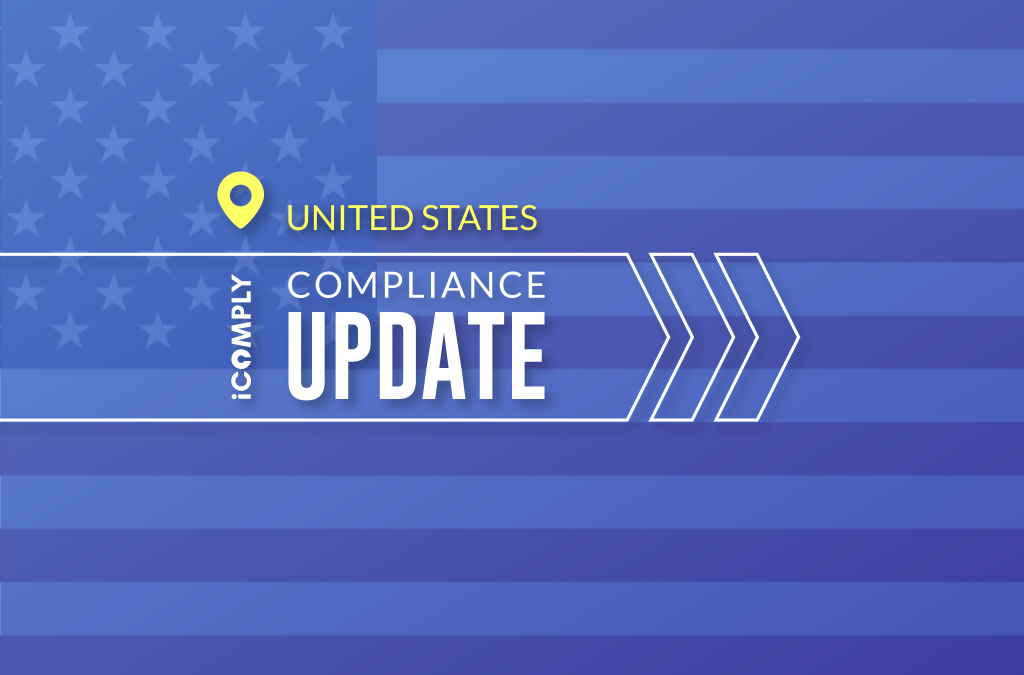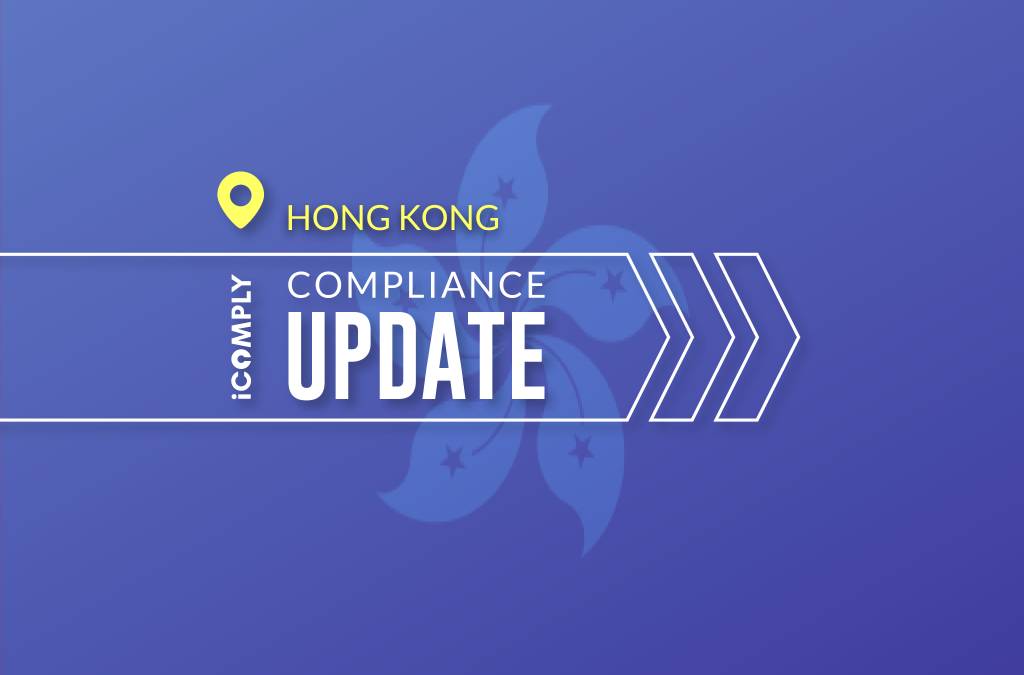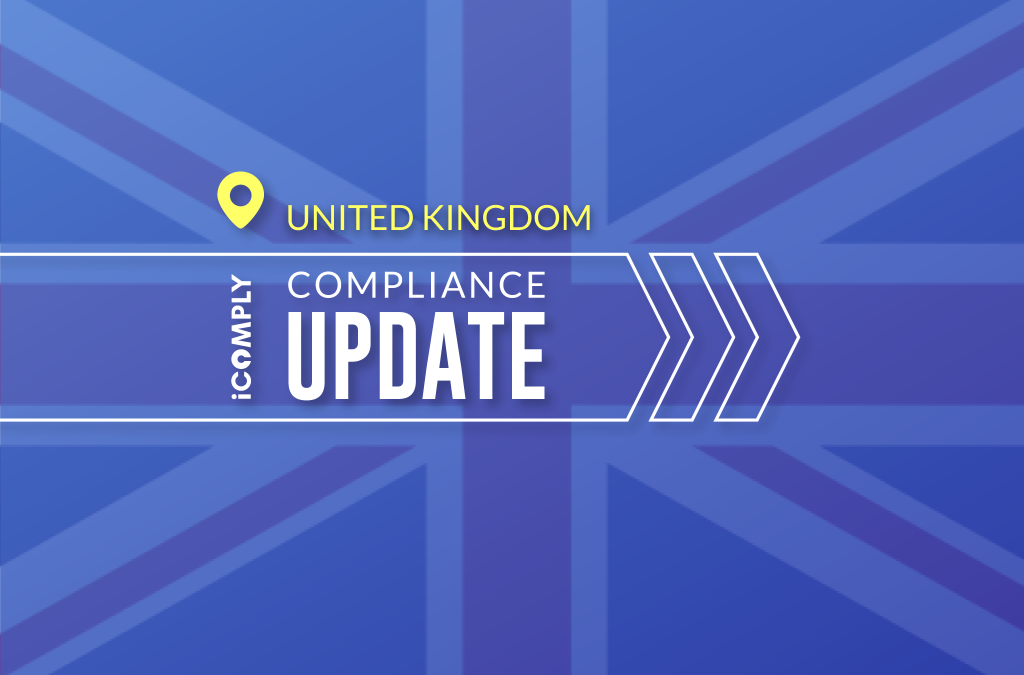Customer Due Diligence (CDD) is a fundamental component of the compliance framework for financial institutions. It involves verifying the identities of customers, assessing risks, and monitoring transactions to prevent money...

Telegram to Pay US$18.5 Million Penalty Over Unregistered TON Offering
Telegram to Pay US$18.5 Million Penalty Over Unregistered TON Offering
The messaging app company agreed to pay a civil penalty and return US$1.2 billion to investors
What Happened?
June 26, 2020: In Q1 2018, Telegram conducted a digital assets offering, selling US$2.7 billion-worth of GRAM tokens to investors worldwide. This June, the SEC finally reached a settlement with the project to resolve charges that stated Telegram’s unregistered token offering violated federal securities laws.
Prior to the SEC getting involved, anti-money laundering agencies were forced to intervene when they discovered that over US$1 billion of what Telegram had raised was known to come from sanctioned entities, including those affiliated with human trafficking, money laundering, and terrorism. The company paid back the identified individuals but neglected to implement any procedures or tools to ensure AML and securities regulations compliance of entities from which they accepted investments.
While the remaining funds totaling $1.7 billion were hoped to come from reputable sources, many accredited investors who invested in Telegram’s offering were actually investing on behalf of non-accredited investors. Tools such as blockchain forensics could have accurately identified legal syndication and investment pools; however, because Telegram didn’t have the controls for AML in place, the project is now officially defunct.
Source: https://www.sec.gov/news/press-release/2020-146
Who Is Impacted?
Companies that plan to sell or have sold digital assets in order to raise capital for their business operations.
Telegram, who had already spent a considerable amount of the raised capital, is now forced to repay its investors as well as millions in fines and legal fees.
Why This Matters?
Prior to the SEC settlement, many blockchain and security token experts held the opinion that raising a total of US$2.7B is more than enough to pay for legal fees to ‘buy your outcome’, essentially advising their own clients to ‘shoot first and ask questions later’. This precedent will make it more difficult for smaller issuers in the future to follow Telegram’s lead in markets around the world.
What’s Next?
It’s highly unlikely that Telegram’s investors will receive a full refund of the amount they invested. Retail investors who invested through illegal syndicates and token pools will also face additional challenges, ensuring that their percentage is paid back to them out of a wallet they have no control over.
As part of their settlement, Telegram will be required to provide the SEC with clear procedures of how they will support investors who want to reclaim their funds. Previous orders have shown that the SEC will need to approve how Telegram executes this; it’s quite likely that Telegram’s legal strategy will make it very cumbersome and manual for investors to submit a claim, with the objective being to reduce the total number of properly completed submissions that they receive.
Important to note is that the issue had nothing to do with Telegram’s use of blockchain technology, but rather the fact that they ignored the regulation and missed the crucial opportunity to program their offering in such a way that would allow them to fulfill regulatory obligations and successfully launch the TON network.
With such a high-profile win under their belt, the SEC will now use this precedent in future strategies to target other token offerings who have taken or plan to take an approach similar to Telegram’s ICO.
learn more
Is your AML compliance too expensive, time-consuming, or ineffective?
iComply enables financial services providers to reduce costs, risk, and complexity and improve staff capacity, effectiveness, and customer experience.
Request a demo today.
The Essentials of Customer Due Diligence
The Future of Enhanced Due Diligence in Regulatory Compliance
Enhanced Due Diligence (EDD) is evolving rapidly in response to technological advancements and changing regulatory landscapes. Understanding future trends and preparing for upcoming changes is crucial for financial institutions...
KYC Compliance Solutions: Ensuring Security and Regulatory Adherence in Financial Services
Explore the leading KYC providers – iComply, Onfido, Trulioo, and Equifax – and learn how they each address data privacy, global reach, and user experience differently. Discover the best fit for your organization’s needs.





















